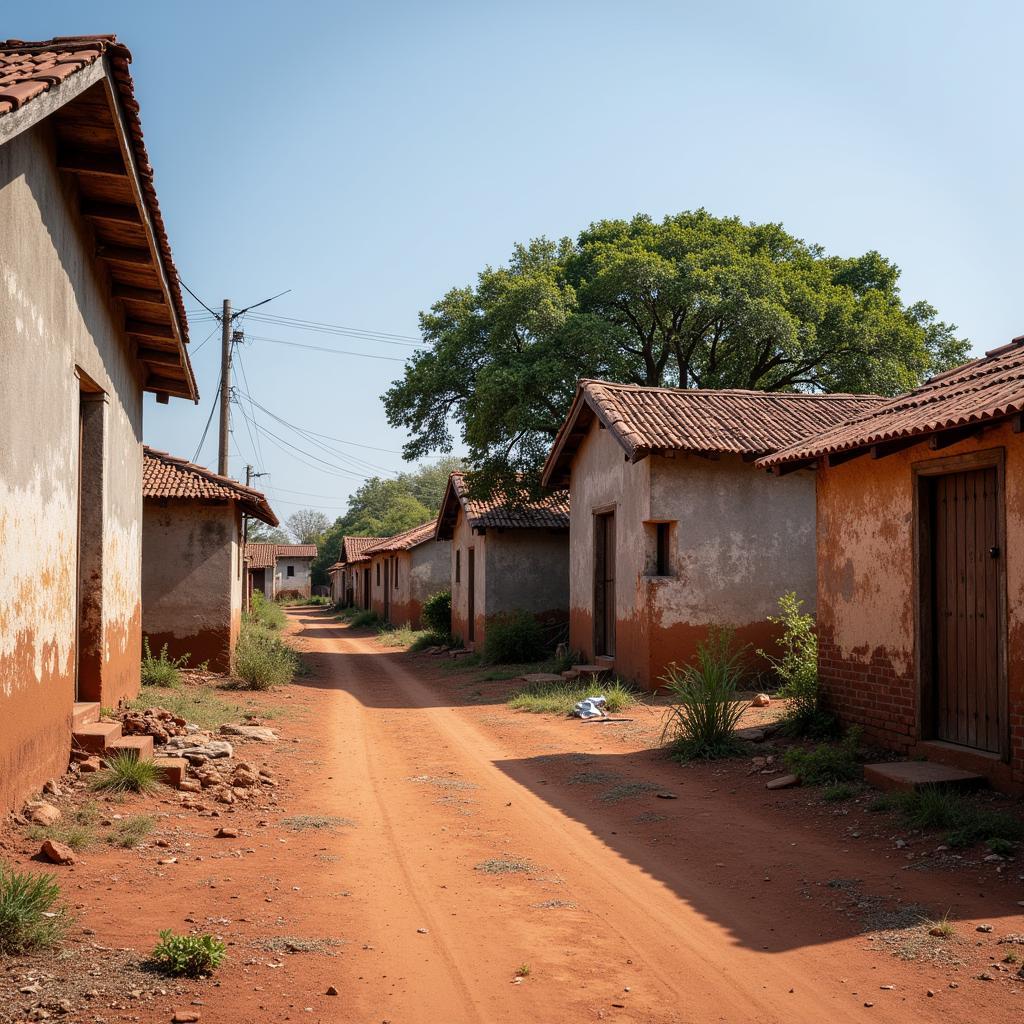African Donkeys China: A Complex Story of Demand, Trade, and Welfare
The trade of African donkeys to China has become a significant issue in recent years, raising concerns about animal welfare and the impact on communities that rely on these animals. This trade is driven by the demand for ejiao, a traditional Chinese medicine made from donkey hide gelatin.
The Demand for Ejiao and Its Impact on African Donkeys
The rising demand for ejiao in China has fueled a dramatic increase in the importation of donkey hides, primarily from Africa. This surge in demand has outstripped the capacity of domestic donkey populations in China, leading to a global search for supply. Unfortunately, this has resulted in a lucrative but often unregulated trade that poses serious threats to donkey populations across the African continent.
Many African communities depend on donkeys for essential tasks like transportation, farming, and fetching water. The loss of these animals due to the ejiao trade can severely disrupt livelihoods and exacerbate existing economic hardships. This dependence makes the trade in African Donkeys China a particularly sensitive issue, impacting not just animal welfare but also human well-being.
The Challenges of Regulating the African Donkey Trade with China
Regulating the trade of African donkeys to China is complex. Several African countries have banned the export of donkey hides in an attempt to protect their donkey populations and the livelihoods of their people. However, illegal trade continues to thrive, often driven by high prices offered for donkey hides.
Enforcement of these bans is challenging due to porous borders, limited resources, and corruption. Furthermore, the international nature of the trade makes it difficult for any single country to effectively control the flow of donkey hides. The demand from China, coupled with weak regulatory frameworks in some African countries, creates a breeding ground for exploitation and illegal activities.
Animal Welfare Concerns in the Donkey Hide Trade
The methods used to acquire and transport donkeys for the ejiao trade often raise serious animal welfare concerns. Donkeys are frequently stolen from their owners, transported long distances in cramped and inhumane conditions, and slaughtered in unregulated abattoirs. These practices cause immense suffering to the animals and represent a significant ethical issue.
Organizations like The Donkey Sanctuary and SPANA are actively working to improve the welfare of donkeys affected by the ejiao trade, providing veterinary care, raising awareness, and advocating for stronger regulations. They are also working with local communities to develop sustainable alternatives to donkey hide-based livelihoods. Addressing the ethical concerns surrounding the donkey skin trade requires a multi-faceted approach involving government regulation, community involvement, and international cooperation.
What is the Future of African Donkeys and the Ejiao Trade?
The future of African donkeys and the ejiao trade is uncertain. Finding a sustainable solution that addresses both the demand for ejiao and the welfare of donkeys is a critical challenge. One potential solution is the development of sustainable donkey farming practices within China, which could reduce reliance on imported hides.
Another approach is to explore alternative ingredients for ejiao production. Researchers are investigating plant-based substitutes that could offer similar medicinal properties without the need for donkey hides. The successful development and adoption of such alternatives could significantly mitigate the impact of the ejiao trade on African donkey populations.
Conclusion
The trade of African donkeys to China for ejiao production presents a complex web of interconnected issues involving animal welfare, economic development, and cultural practices. Finding a sustainable and ethical solution requires collaboration between governments, communities, and international organizations. Addressing the African donkeys china trade requires ongoing attention and commitment to ensure the well-being of both donkeys and the communities that depend on them.
FAQ
- What is ejiao? Ejiao is a traditional Chinese medicine made from donkey hide gelatin.
- Why are African donkeys targeted for the ejiao trade? China’s domestic donkey population cannot meet the demand for ejiao.
- What are the animal welfare concerns associated with the ejiao trade? Donkeys are often stolen, transported inhumanely, and slaughtered in unregulated abattoirs.
- What are some potential solutions to the ejiao trade issue? Sustainable donkey farming in China and the development of alternative ingredients for ejiao.
- How can I help protect African donkeys? Support organizations working to improve donkey welfare and advocate for stronger regulations.
- Which African countries are most affected by the donkey hide trade? Several countries, including Kenya, Ethiopia, and Botswana have been significantly impacted.
- What is the role of international organizations in addressing this issue? Organizations like The Donkey Sanctuary and SPANA work to improve donkey welfare, raise awareness, and advocate for change.
Common Situations & Questions
- Situation: My donkeys have been stolen. What can I do? Contact your local authorities and animal welfare organizations immediately. Document the theft and any evidence you have.
- Question: Is ejiao really effective as a medicine? The efficacy of ejiao is debated and further research is needed.
Further Reading & Resources
- Learn more about The Donkey Sanctuary’s work.
- Explore SPANA’s initiatives to protect working animals.
Contact Us
For assistance, contact us at Phone: +255768904061, Email: kaka.mag@gmail.com or visit our office at Mbarali DC Mawindi, Kangaga, Tanzania. We have a 24/7 customer support team.
